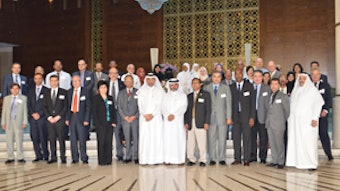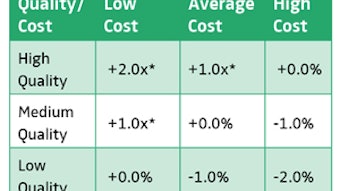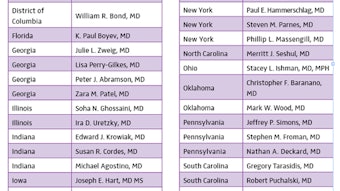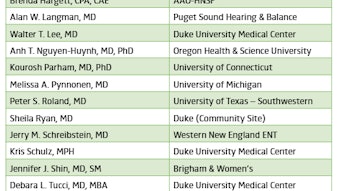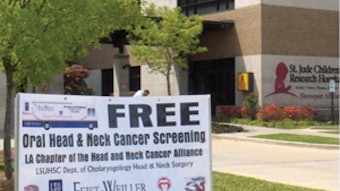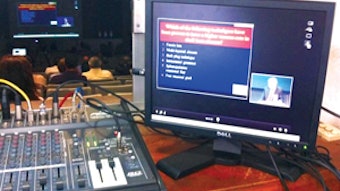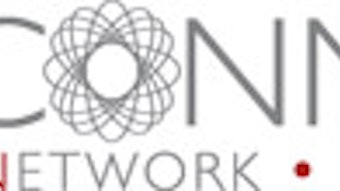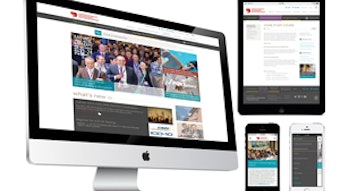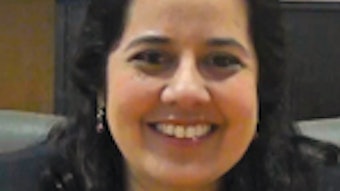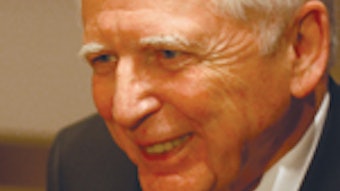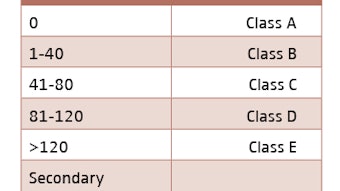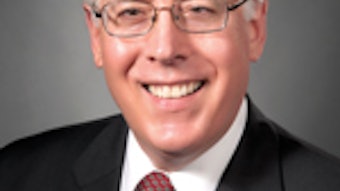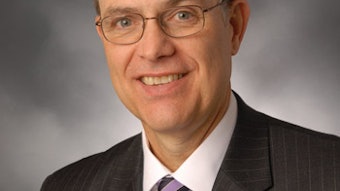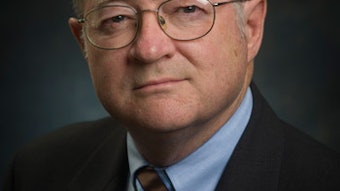Global ENT Outreach Trip to Cambodia
Ameet K. Grewal, MD Humanitarian Travel Grant Awardee With the generosity of the AAO-HNSF Humanitarian Efforts Committee, I was given the opportunity to travel to Southeast Asia to participate in a mission trip focused on otologic surgery. As a current PGY-4 at Georgetown University Hospital, I was honored and excited by the experience. Cambodia is a country severely traumatized by its recent history; it is a nation struggling to find its path after enduring a tumultuous civil war and the perpetration of a vicious genocide on its people. In an effort to eradicate intellectuals, the majority of doctors were executed or exiled from the country. Among the many long-term effects of the Khmer Rouge regime is the lack of physicians and medical access. Considering this history of poverty and violence, coupled with the prevalence of treatable ear disease, patients here benefit greatly from foreign medical missions. Upon arrival in Phnom Penh in September 2013, I was greeted warmly by the IMPACT Cambodia team. Richard Wagner, MD, founder of Global ENT Outreach (GEO), travels throughout the world teaching and performing otologic surgery. Our team also included Davide Panciera, MD, of Italy, Ineke Wever, MD, of Australia, and Denise Carmer, RN, of Arizona. We began the week by conducting a clinic in the Preah Ang Duong Hospital and selecting surgical candidates. With the help of Cambodian physicians, we were able to obtain histories from our patients and send them for preoperative audiograms and imaging if needed. After selecting patients, we began operating that afternoon. The strong camaraderie between operating room staff and surgeons overcame whatever language barriers existed, and we operated together into the evening hours. The days that followed only built on that sentiment, proving the bond of operating together surpasses cultural differences. The Preah Ang Duong Hospital in Phnom Penh is unique in that it caters only to otolaryngological and ophthalmologic surgery. Patients who would have undergone same day surgery in the United States are kept here for a one-week observation on the inpatient unit. Many patients traveled from remote villages to obtain care and remaining in Phnom Penh was the best post-operative option. Routine tympanoplasties and mastoidectomies for chronic middle ear disease were performed under local anesthesia with minimal intravenous sedation. Basic supplies such as ear speculums, gloves, syringes, local anesthetics, operating room drapes, and ear dressings would be helpful to gather prior to a trip. Compared with the United States, operative time was greatly reduced. Without general anesthesia or facial nerve monitoring, we were able to complete 47 cases in five days. The pace and the motivation of every person on our team helped achieve our goal. I believe a real difference was made in many ways; the patients underwent procedures that allowed them to eradicate middle ear disease and hopefully restore hearing. Our fellow Cambodian physicians were engaged and learned how to work up these patients and perform surgeries as well. We made a connection with the ENT residents at the hospital and were able to learn from them about the difficulties of training where resources are so limited. The clinic days that generated our cases were busy and crowded, but satisfying. We worked together in a highly effective and efficient manner, with a common goal of helping as many people as we could in that short time. I highly recommend humanitarian travel to fellow doctors. Seeing how patients are treated in other places in the world allows you to learn and reflect on common practices. I plan on future travel, both as a resident and an attending, to continue to help address the need for service throughout the world.
Ameet K. Grewal, MD
Humanitarian Travel Grant Awardee
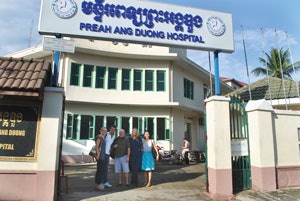 Team members at Preah Ang Duong Hospital (l to r) Ineke Wever, MD, Davide Panciera, MD, Richard Wagner, MD, Denise Carmer, RN, and Ameet Grewal, MD.
Team members at Preah Ang Duong Hospital (l to r) Ineke Wever, MD, Davide Panciera, MD, Richard Wagner, MD, Denise Carmer, RN, and Ameet Grewal, MD.With the generosity of the AAO-HNSF Humanitarian Efforts Committee, I was given the opportunity to travel to Southeast Asia to participate in a mission trip focused on otologic surgery. As a current PGY-4 at Georgetown University Hospital, I was honored and excited by the experience. Cambodia is a country severely traumatized by its recent history; it is a nation struggling to find its path after enduring a tumultuous civil war and the perpetration of a vicious genocide on its people. In an effort to eradicate intellectuals, the majority of doctors were executed or exiled from the country. Among the many long-term effects of the Khmer Rouge regime is the lack of physicians and medical access. Considering this history of poverty and violence, coupled with the prevalence of treatable ear disease, patients here benefit greatly from foreign medical missions.
Upon arrival in Phnom Penh in September 2013, I was greeted warmly by the IMPACT Cambodia team. Richard Wagner, MD, founder of Global ENT Outreach (GEO), travels throughout the world teaching and performing otologic surgery. Our team also included Davide Panciera, MD, of Italy, Ineke Wever, MD, of Australia, and Denise Carmer, RN, of Arizona.
We began the week by conducting a clinic in the Preah Ang Duong Hospital and selecting surgical candidates. With the help of Cambodian physicians, we were able to obtain histories from our patients and send them for preoperative audiograms and imaging if needed. After selecting patients, we began operating that afternoon. The strong camaraderie between operating room staff and surgeons overcame whatever language barriers existed, and we operated together into the evening hours. The days that followed only built on that sentiment, proving the bond of operating together surpasses cultural differences.
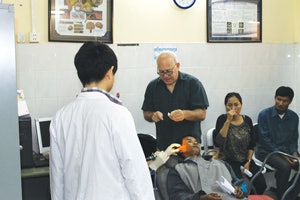 Dr. Wagner examines a clinic patient.
Dr. Wagner examines a clinic patient.The Preah Ang Duong Hospital in Phnom Penh is unique in that it caters only to otolaryngological and ophthalmologic surgery. Patients who would have undergone same day surgery in the United States are kept here for a one-week observation on the inpatient unit. Many patients traveled from remote villages to obtain care and remaining in Phnom Penh was the best post-operative option. Routine tympanoplasties and mastoidectomies for chronic middle ear disease were performed under local anesthesia with minimal intravenous sedation. Basic supplies such as ear speculums, gloves, syringes, local anesthetics, operating room drapes, and ear dressings would be helpful to gather prior to a trip. Compared with the United States, operative time was greatly reduced. Without general anesthesia or facial nerve monitoring, we were able to complete 47 cases in five days. The pace and the motivation of every person on our team helped achieve our goal.
I believe a real difference was made in many ways; the patients underwent procedures that allowed them to eradicate middle ear
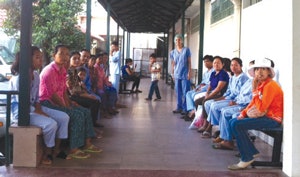 Dr. Grewal stands with patients waiting for surgery.
Dr. Grewal stands with patients waiting for surgery.disease and hopefully restore hearing. Our fellow Cambodian physicians were engaged and learned how to work up these patients and perform surgeries as well. We made a connection with the ENT residents at the hospital and were able to learn from them about the difficulties of training where resources are so limited. The clinic days that generated our cases were busy and crowded, but satisfying. We worked together in a highly effective and efficient manner, with a common goal of helping as many people as we could in that short time.
I highly recommend humanitarian travel to fellow doctors. Seeing how patients are treated in other places in the world allows you to learn and reflect on common practices. I plan on future travel, both as a resident and an attending, to continue to help address the need for service throughout the world.
